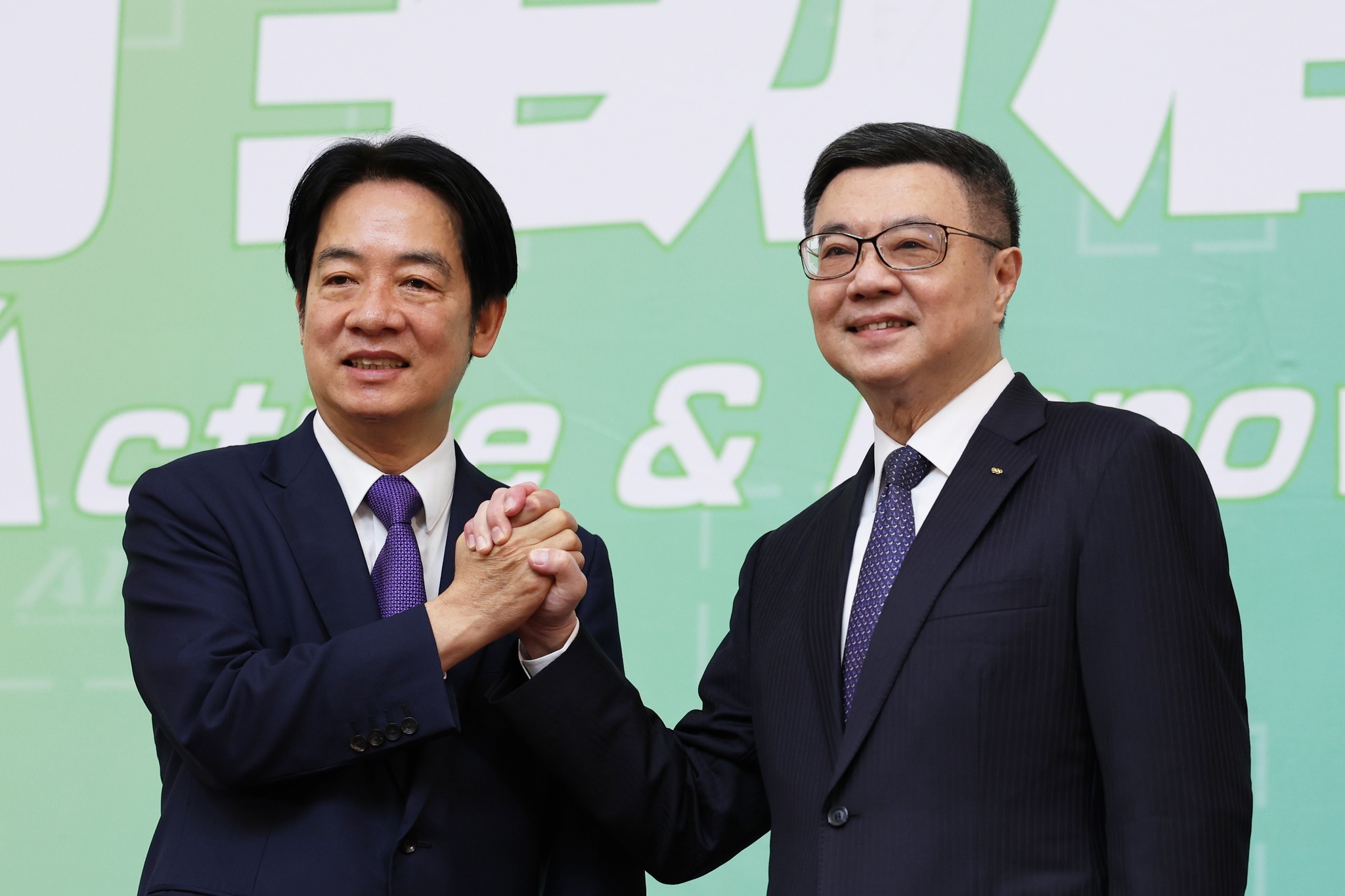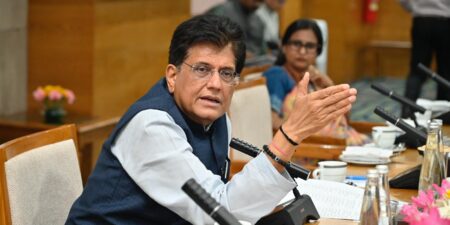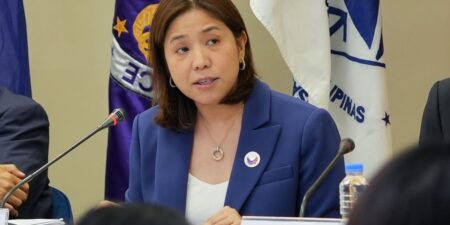The BGA Taiwan Team, led by Senior Adviser Rupert Hammond-Chambers, wrote an update to clients on Taiwan’s new Cabinet.
Context
- Taiwan’s new Cabinet took office following the inauguration of President Lai Ching-te May 20. Since mid-April, the ruling Democratic Progressive Party (DPP) has gradually announced the new Cabinet members. Although a few deputy positions are still being filled, most members have already been confirmed. Lai has nominated his trusted former DPP chairman, Cho Jung-tai, as premier, and former Minister of Culture Cheng Li-chun has been appointed vice premier.
- Lai has defined his Cabinet as an “active innovative AI (artificial intelligence) Cabinet,” aiming to foster proactive and innovative thinking within his team. The Cabinet members are expected to focus on communication and coordination, address the most pressing needs of the public and drive socioeconomic growth and development.
Significance
- Although most Cabinet members do not belong to any political party, many have connections to the DPP, particularly the New Tide faction to which Lai belonged. This has led to dissatisfaction within other factions of the DPP, potentially causing internal disunity. Such disunity could affect the stability of policy implementation, especially with the upcoming local elections in 2026.
- Despite Lai’s post-election statement about inviting individuals from other parties to join the Cabinet under the concept of a “Grand Coalition for Democracy,” no members from opposition parties were included in the final lineup. For the first time in history, no Kuomintang (KMT) members are in the Cabinet. This might be due to the opposition’s majority in the Legislative Yuan, lowering their willingness to participate and highlighting Lai’s preference for appointing trusted individuals. It also poses a challenge: if political battles lead to the loss of talent, Lai may find it difficult to quickly find equally qualified and trustworthy replacements.
Implications
- Lai’s Cabinet will focus on economic and industrial development,allowing for greater flexibility in policy decisions, including a higher acceptance of nuclear power generation.
- Companies can expect Lai to continue Tsai’s diplomatic and defense policies, emphasized by strengthening relations with democratic nations, increasing defense budgets and maintaining the status quo in the Taiwan Strait.
We will continue to keep you updated on developments in Taiwan as they occur. If you have any comments or questions, please contact BGA Taiwan Senior Adviser Rupert Hammond-Chambers at rupertjhc@bowergroupasia.com.
Best regards,
BGA Taiwan Team

Senior Advisor
Rupert is an expert on Taiwanese political and economic issues and additionally brings a special focus on defense and security within BGA. Rupert concurrently leads the U.S.-Taiwan Business Council, where he was elected vice president in 1998 and president in 2000. Prior to 1994, he served as an associate for development at the Center for Security Policy, a defense and foreign policy think tank in Washington, D.C. Rupert is a member of the board of The Project 2049 Institute. He is also a trustee of Fettes College and is a member of the National Committee on United States-China Relations. Rupert ...
Read More


























